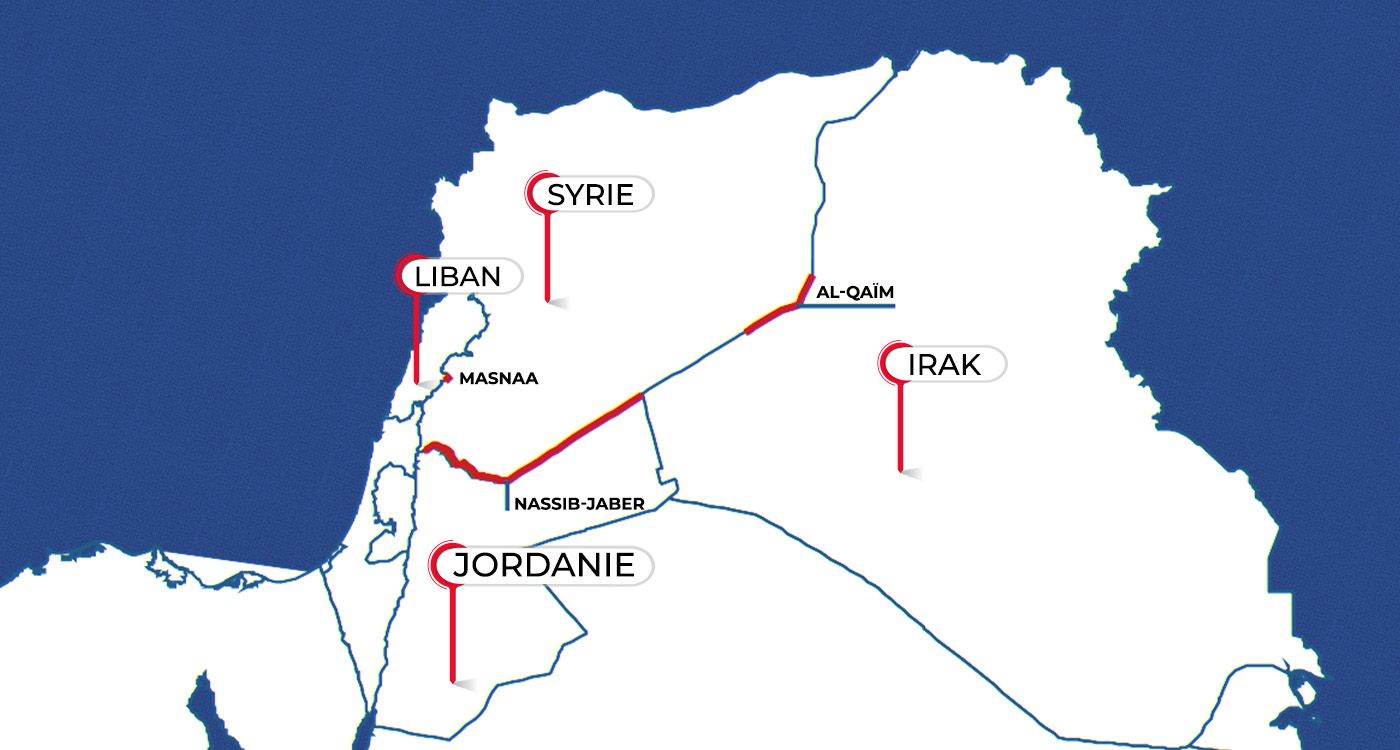
Lebanese farmers continue to endure substantial losses. Since the fall of Bashar al-Assad’s regime on December 8, the movement of refrigerated and covered trucks between Lebanon and the Arab hinterland has become increasingly irregular. All Lebanese exports and imports sent overland to and from the Arab world are reliant on transit through Syrian territory.
The disruption to the overland export chain of agricultural goods stems from ongoing instability and geopolitical tensions affecting key border crossings, including Masnaa between Lebanon and Syria, Nassib-Jaber between Syria and Jordan, and al-Qaim on the western bank of the Euphrates in Iraq.
Faced with these challenges, farmers and traders have shown resilience. To prevent spoilage of goods such as avocados, citrus fruits and grapes, many have resorted to maritime transport as a costly alternative. This option is nearly twice as expensive and involves extended delivery times, making Lebanese agricultural products less competitive, particularly in Gulf markets.
Masnaa and bribery
In this context, Ibrahim Tarshishi, Head of the Beqaa Farmers' Association, stressed that Lebanon has become completely isolated from the rest of the world in terms of overland trade due to the recent developments in Syria. While there are some imports and exports, their volumes have been significantly reduced. “We advise against exporting large quantities for now, as the situation remains unstable. We need border crossings to reopen, and customs and clearance procedures to be reinstated to ensure the legality of goods,” he added.
Tarshishi also expressed concern about the rise of the smuggling market, especially regarding goods illegally entering Lebanon via Syria. He pointed out that the dynamics on the ground have shifted, making illicit trafficking more cost-effective. Smugglers no longer need to pay bribes to the Syrian Army’s Fourth Division, which is affiliated with the Assad regime.
“These new conditions are exacerbating the losses for Lebanese farmers who are already facing severe challenges. Excess quantities of goods are being introduced, destabilizing the agricultural sector,” he explained.
In light of this situation, he stressed the urgent need for Lebanese customs, the Army and other competent authorities to take strict measures to curb smuggling and protect local producers.




Comments